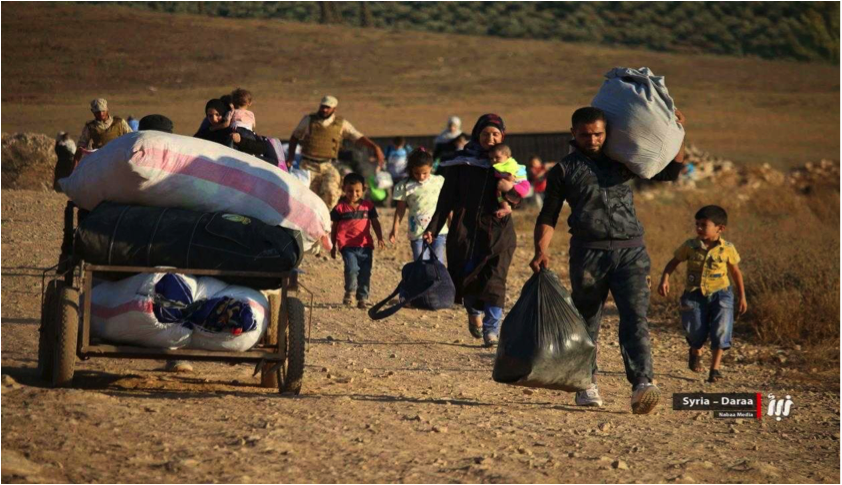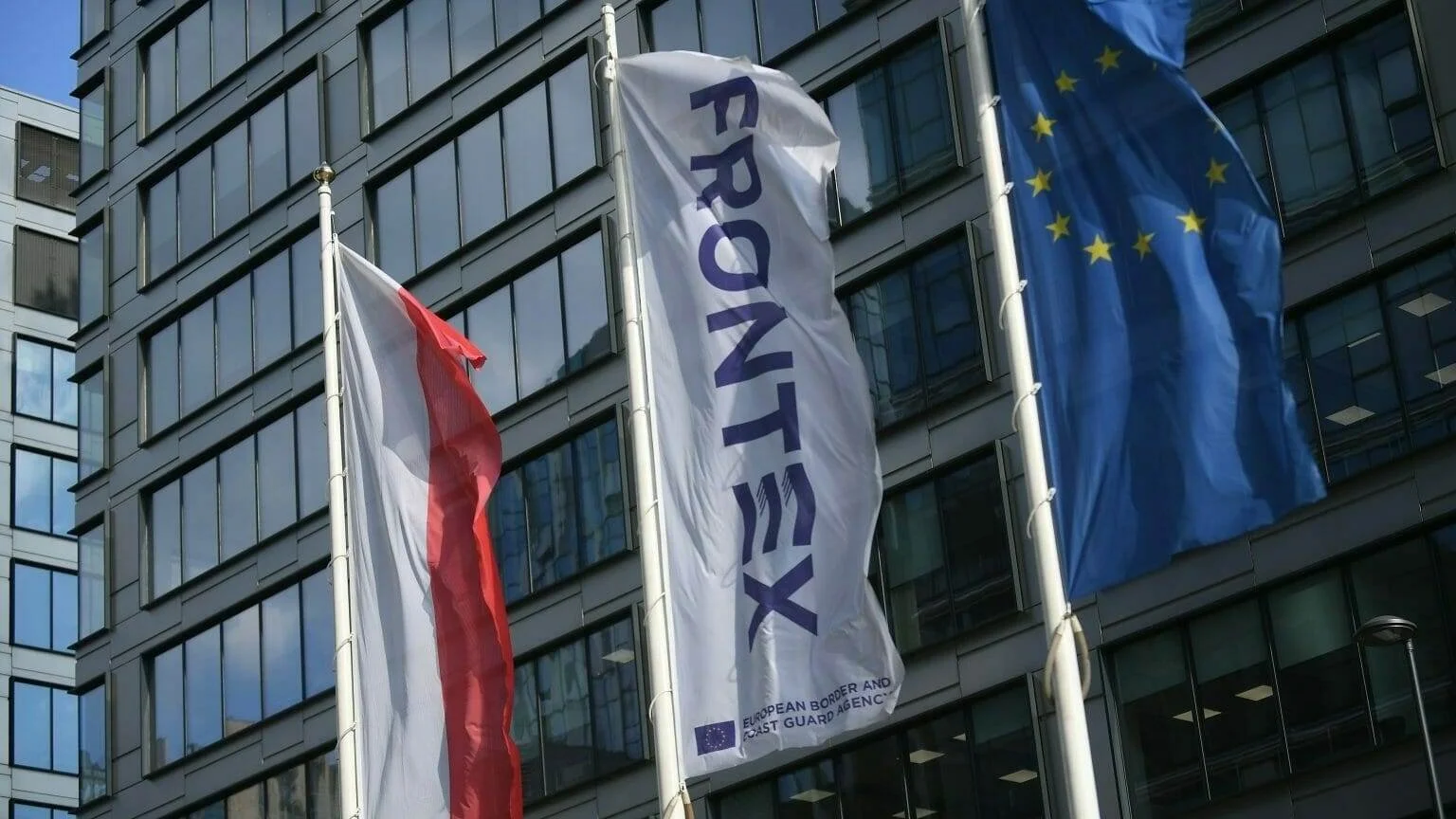Toronto Metropolitan University is at the intersection of mind and action. What our students learn in the classroom is enhanced by real-world knowledge and experience. We champion diversity, entrepreneurship and innovation. From the award-winning Student Learning Centre, to the upcoming multi-functional Daphne Cockwell Health Sciences Complex, the university is dedicated to building a better campus, and city, one building at a time. Toronto Metropolitan University is supported by a team of dedicated professionals tasked with ensuring the university maintains its reputation as a student-focused institution of higher education. The university's history has always been rooted in innovative, career-driven education with the goal of addressing contemporary societal needs.
The university is located in the heart of Toronto, Canada, the fourth largest city in North America. Here, students can connect with leaders in culture, business, health care or government because opportunity lives at our front door. That's an urban campus. oronto Metropolitan University has pioneered a unique experiential program called zone learning—a great complement to your courses with the opportunity to earn an additional credential on your transcript. You'll work with like-minded students from diverse disciplines and community groups. Creative, connected and entrepreneurial—graduate education at Toronto Metropolitan University puts you at the core of what’s next. Our graduate programs are distinctive and offer an outstanding student-centred experience.
Anna Triandafyllidou
Anna Triandafyllidou holds the Canada Excellence Research Chair in Migration and Integration at Toronto Metropolitan University. Prior to joining TorontoMet, she was based at the European University Institute where she held a Robert Schuman Chair on Global Pluralism. She is Editor of the Journal of Immigrant and Refugee Studies, Chair of the IMISCOE Editorial Committee, and member of the IMISCOE Board of Directors. An internationally recognized sociologist and migration policy expert, Anna’s interdisciplinary research focuses on the governance of migration and asylum; the management of cultural diversity, nationalism and identity issues; and, overall, the contemporary challenges of migration and integration across different world regions. In 2021, the University of Liège awarded Triandafyllidou a doctorate honoris causa in recognition of her contribution to migration scholarship. Her recent authored books include What is Europe (with R. Gropas, 2nd edition, Routledge, 2022) and Rethinking Migration and Return in Southeastern Europe (with E. Gemi, Routledge, 2021).
Younes Ahouga
Younes Ahouga is a postdoctoral research fellow at the Canada Excellence Research Chair in Migration, Toronto Metropolitan University. He holds a Ph.D. from the Department of Political Science and International Relations at the University of Geneva (2019). His doctoral dissertation analyses the migration management discourses and practices of the International Organisation for Migration. His current research examines the role of international organisations in the implementation of the Global Compact for Migration. He (co)authored articles in the Journal of Ethnic and Migration Studies, Critique Internationale and Revue européenne des migrations internationales.
Oreva Olakpe
Oreva Olakpe is a postdoctoral research fellow at the Canada Excellence Research Chair in Migration, Toronto Metropolitan University. Her research addresses how communities without status (e.g. irregular migrants and cross-border minorities) in the Global South form institutional structures and make space for themselves in their society of settlement. Oreva has studied sub-Saharan African migrant businessmen with mostly expired status and African asylum seekers in China, and a cross-border minority at the Cameroon-Nigeria border. She received a PhD in Law from the School of Oriental and African Studies, the University of London.








Morocco occupies a strategic position south of the Strait of Gibraltar, at the crossroads of migratory routes between sub-Saharan Africa and Europe. This geographical location confers upon Morocco both a pivotal role in migration flows and significant political leverage in its negotiations with the EU. Consequently, Rabat claims a differentiated treatment compared with other African states. Since 2000, the European Union (EU) has aimed to establish a readmission agreement with Morocco[1]. Such an agreement would facilitate the return of both Moroccan nationals and third-country nationals (TCNs) transiting through Moroccan territory who are deemed undesirable within the EU. After more than twenty years of negotiations, no agreement…